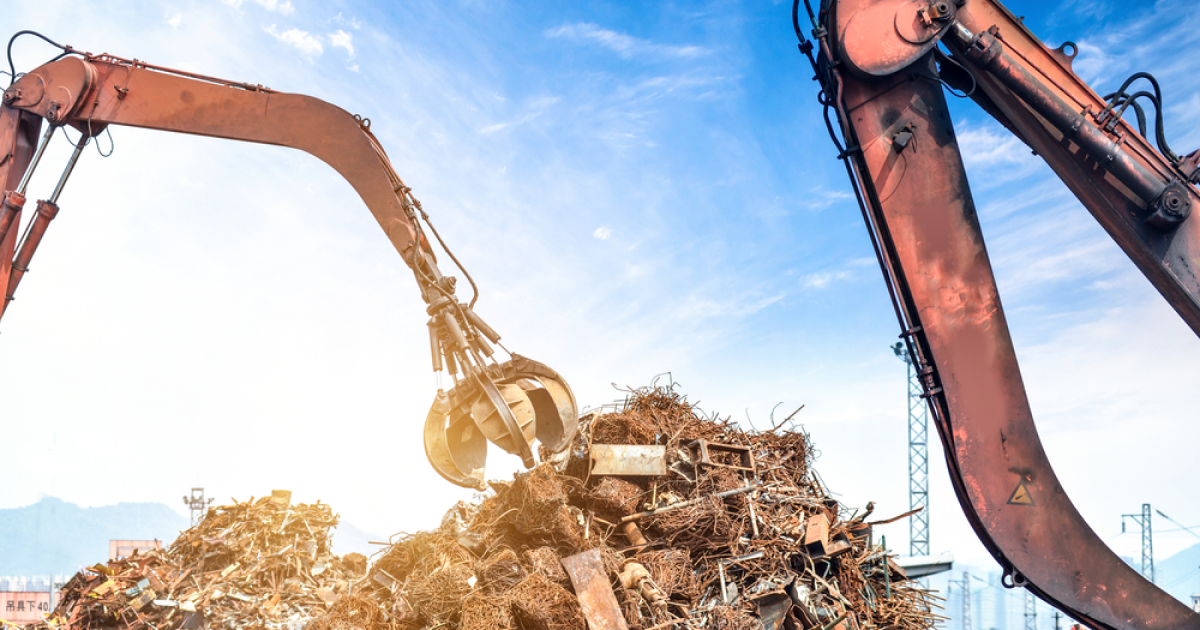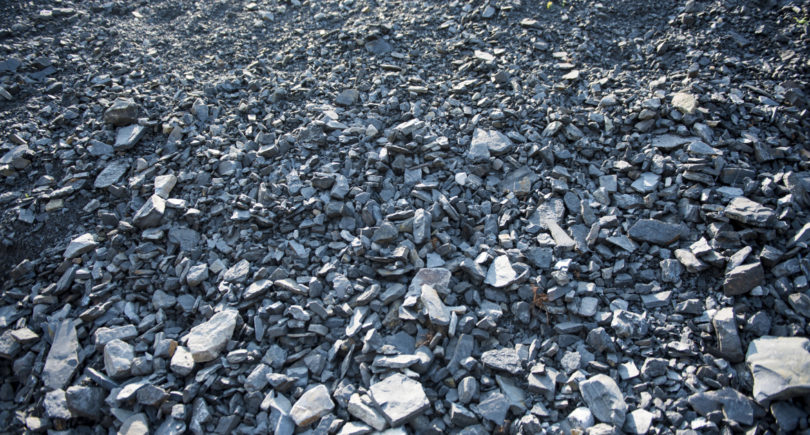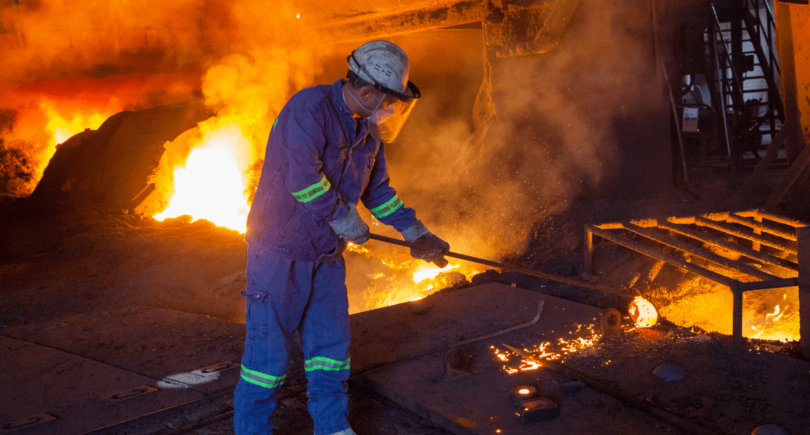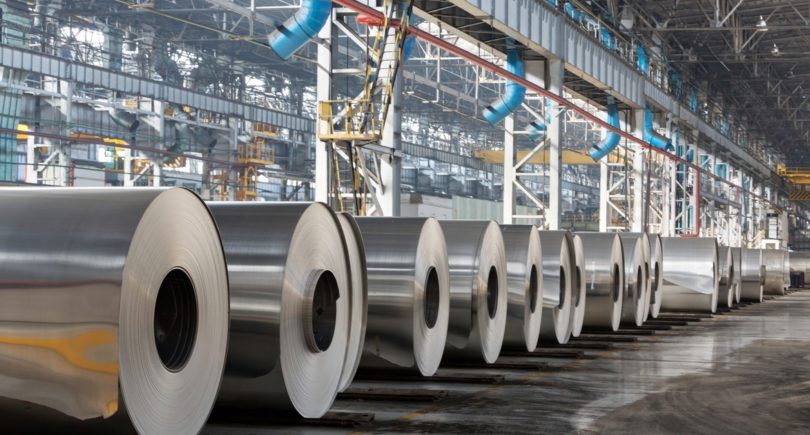
News Global Market EU 190 25 June 2025
The industry warns of a possible shortage of raw materials amid Trump's tariffs on steel and aluminum
Steel producers in the EU are calling for the introduction of duties or restrictions on scrap exports in the near future amid US tariffs, Reuters reports.
They warn of a shortage of this raw material and a change in carbon emission reduction strategies after the introduction of a 50% duty on steel and aluminum imports to the US increased demand and sharply raised prices for scrap, which is exempt from these tariffs.
In particular, aluminum producers are asking the EU to stop the outflow by granting export permits similar to those used during the COVID pandemic (protective equipment, vaccine doses).
Another possible approach is export duties. The European Steel Association (EUROFER) supports this approach. In particular, EUROFER CEO Axel Eggert noted that most non-EU producing countries have similar restrictions.
Scrap exports were a problem for EU steel producers even before Trump’s tariffs. According to EUROFER, in 2023, the bloc exported a record 19 million tons of ferrous scrap, with most shipments going to Turkey, as well as India, Egypt, Pakistan, and the United States.
According to European Aluminium, in the first quarter of this year, exports of aluminum scrap from the EU to the US almost tripled year-on-year (to 6,028 tons). Its total exports from the bloc to third countries during the same period amounted to 345,000 tons. Given that the United States is currently retaining its scrap, the EU will remain the main exporting region for this raw material.
The tariff structure, the agency notes, has created what industry participants call an “arbitrage window” — a price gap between the European and American markets of approximately $750/ton. This significant difference makes it profitable for traders to buy scrap in Europe and sell it to American manufacturers.
At the same time, American steel producers, faced with excessive costs for importing finished steel products, have strong incentives to maximize domestic scrap purchases and obtain additional raw materials from foreign markets where there are no tariff barriers.
European scrap sellers, in turn, oppose export restrictions. In particular, EuRIC, which represents the European recycling industry, has stated that there is no shortage of scrap in Europe and that the EU market absorbs approximately 80% of this steel raw material.
Axel Eggert said that export restrictions would help prevent competing foreign producers from buying scrap from the EU for resale of low-carbon recycled steel back to the bloc.
Scrap recycling is part of the EU’s efforts to reduce carbon emissions in the steel industry. According to the European Commission, this saves up to 95% of the energy required to produce aluminum and up to 80% for steel.
Export restrictions are relatively rare for the EU, and EU export controls are limited to certain areas. The European Commission has stated that it regularly interacts with steel producers and recyclers to assess the market situation. In the third quarter, the EC will determine whether trade measures are needed for the steel, aluminum, and copper markets. At the same time, steel producers are concerned that the bloc may not be able to conclude a trade agreement with the US by July 7, so they are proposing to take measures on scrap in the coming weeks.
According to a study by GMK Center, 48 countries (as of March 2025) have already restricted exports of ferrous scrap, with 38% of them resorting to bans. This raw material is considered a strategic resource for decarbonization.




